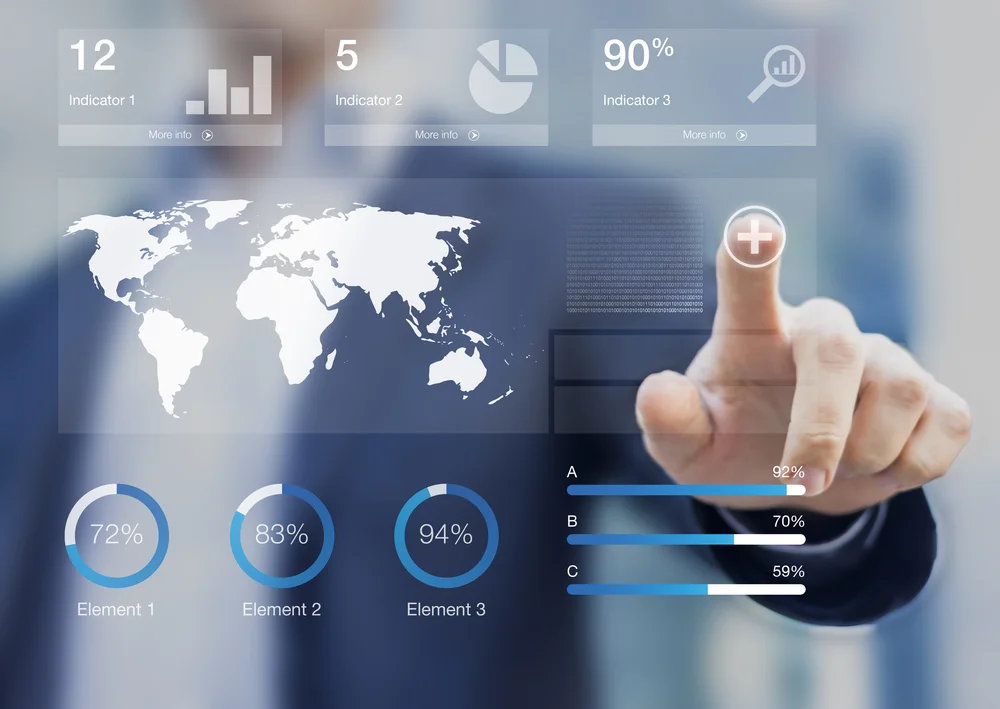With the emergence of decentralized trials, clinical research is experiencing a revolutionary disruption. Virtual or remote trials are transforming medical research by helping participants take part from home. This approach offers a clinical research organization like Veristat more convenience, easy access, and real-time data collection. However, it also introduces unique challenges when it comes to monitoring and auditing the trials. In this blog, we explore the future of monitoring and auditing in decentralized trials and how this is affecting clinical trials.
The need for real-time oversight
Real-time monitoring has been pretty easy in traditional clinical trials that were conducted at physical sites. Clinical auditors and monitors would visit sites, evaluate paperwork, and observe research operations. Decentralized trials present unique issues because individuals participate remotely, typically in different locations. Real-time monitoring is still crucial for protecting patients and ensuring accurate data collection and protocol observance. The future of monitoring and auditing in decentralized clinical trials may involve advanced telehealth services, wearable devices, and digital platforms that support remote monitoring. Furthermore, the use of artificial intelligence and machine learning can assist in detecting anomalies and deviations in the data, providing real-time alerts for researchers to take immediate action.
Emerging technologies
The future of monitoring and auditing in decentralized trials is intricately tied to emerging technologies. Wearable devices, such as smartwatches and fitness trackers, are becoming integral tools for remote monitoring. These devices can capture vital signs, medication adherence, and other relevant data points, offering a continuous stream of information for researchers and auditors to review. Additionally, telehealth services are evolving to provide comprehensive virtual care, including remote check-ins, consultations, and data collection. Additionally, video calls and telemedicine platforms will play a pivotal role in the monitoring process, enabling healthcare professionals to interact with participants, assess their well-being, and ensure the trial’s smooth progression.
Data security and privacy
The future of decentralized trial monitoring and auditing has to deal with data security and privacy. In the virtual trial, participants collect and send sensitive health data via wearable devices and smartphone apps. This data must be protected from breaches and unauthorized access using strict data security measures. The use of blockchain technology and other forms of encryption to ensure safe data transmission and storage will become increasingly important in the future of decentralized trials. Data can be protected from unauthorized access with the help of smart contracts, giving users more say over their information. Decentralized trials also need to comply with data protection laws like the GDPR in Europe and HIPAA in the US.
Regulatory considerations
As decentralized trials become more common, regulatory agencies are adapting to ensure that appropriate oversight and data quality are maintained. The future of monitoring and auditing in decentralized trials will likely include updated regulatory guidelines that reflect the unique challenges and opportunities of this approach. Regulators will work to strike a balance between ensuring patient safety, data integrity, and protocol adherence while also facilitating the growth of decentralized trials. Additionally, regulatory agencies may require trial sponsors to implement advanced technologies for real-time monitoring and auditing, creating a standardized approach to oversight.
As technology and innovation continue to progress, the future of monitoring and auditing in decentralized trials is promising. While data security and patient engagement remain issues, real-time monitoring, evolving technologies, and regulatory concerns offer a potential way forward for decentralized trials, helping clinical research evolve into the digital age.




